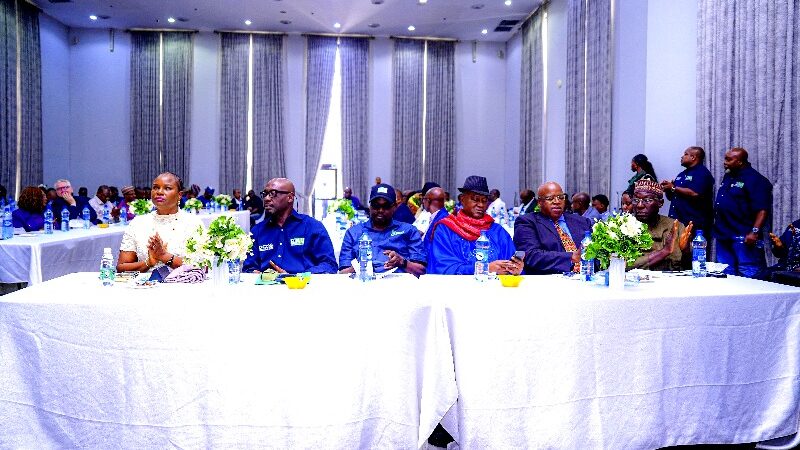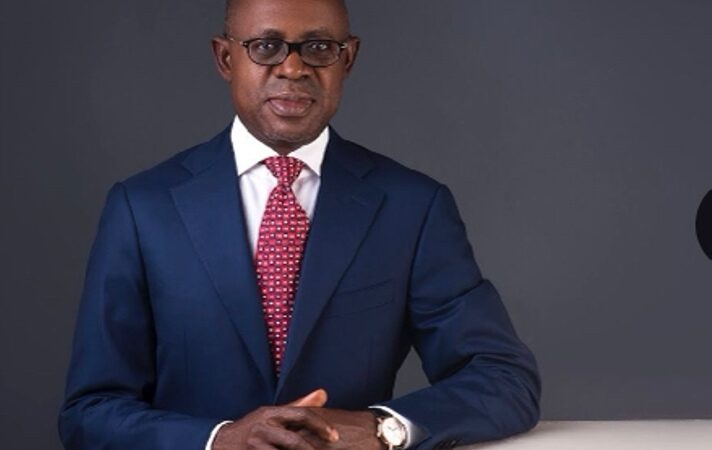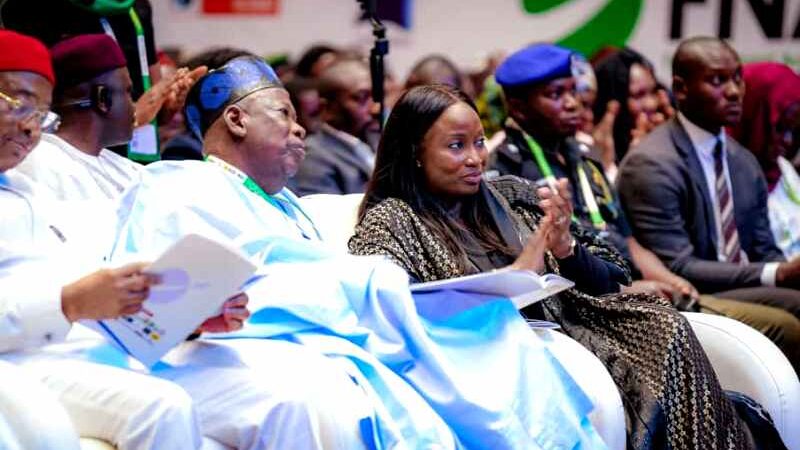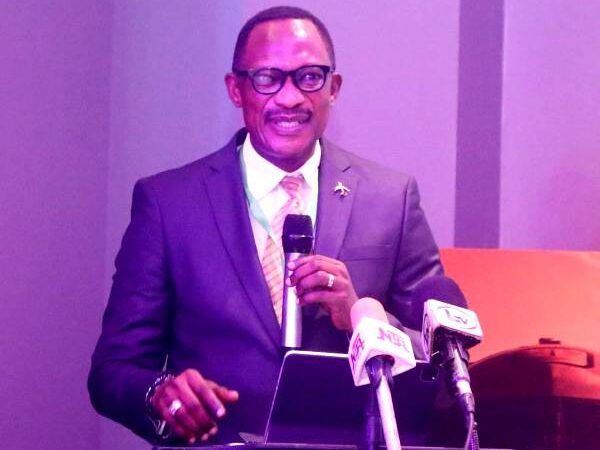Much Ado About Taxes, Charges, Fees, Costs In Africa’s Air Transport Industry
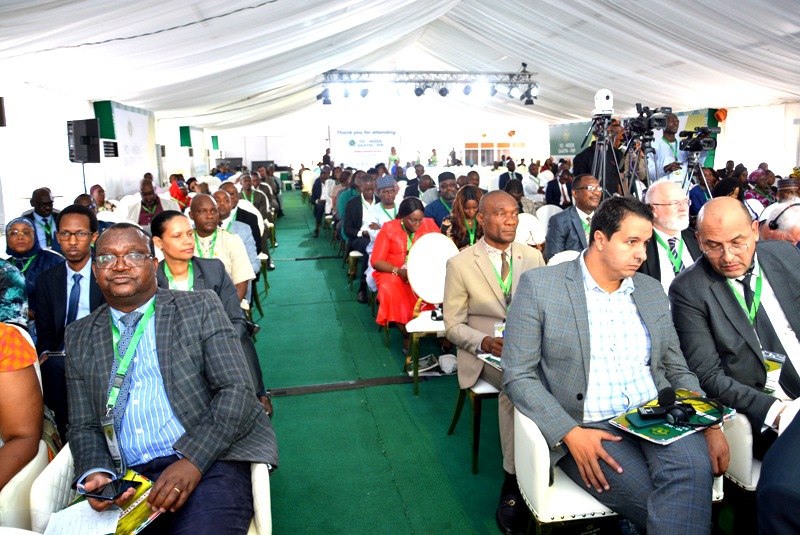
The high taxes, charges, fees and costs in Africa which forms part of impediments to the full implementation of the Single African Air Transport Market (SAATM) agreement was fingered by stakeholders in discussion during the 24th Anniversary celebration of the Yamoussoukro Decision at the YD Week organized by African Civil Aviation Commission (AFCAC), which was held at Transcorp Hilton, Abuja from November 13 to 16, 2023 under the theme, “Africa Wants To Fly.”
President of the Council of International Civil Aviation Organization (ICAO), Mr. Salvatore Sciancchitano in his Goodwill Message delivered virtually at the event, called for a review of taxes, charges and fees in the continent as part of measures to encourage skies liberalization in Africa and the SAATM implementation.
He congratulated African States on the 24th anniversary celebration and urged stakeholders to support the YD initiative because it would not only better services and lower fares but would also increase competitiveness of African airlines.
The Director General, Agencie Nationale De L’Aviation Civile Du Togo, Latta Dokisime Gnama who represented Togo’s Minister of Aviation admitted the fact that taxes were too much in Africa but stated that his country was already taking measures to reduce them and that Togo is open to the 5th Freedom.
President of Airlines Association of Southern Africa (AASA), Mr. Aaron Munetsi said there is need for parity in charges at different countries in Africa.
“When an airline from Southern Africa applies for a Foreign Operating Permit (FOP) in one country on the continent, they are charged US$8,000 for a FOP that is valid for 12 months. When the same country as an airline wants to operate to Southern Africa, that airline pays 500Rand, which is equivalent of US$80. Where is the parity here between US$80 and US$8000?,” Munetsi asked.
He also made a position on the high cost of fuel. “l think what we really need to focus on is that as much as the cost of fuel is a big issue, we need to focus on the security of supply. There have been times we heard that an airline is going to cancel a particular flight because there is no fuel in the destination where they are going to. For me, that is abominable. For us as Africa, we have about five or seven countries that produce oil. By now, we should have capacity to be able to refine oil and be able to distribute JetA1 fuel across the width and breadth of the countries.”
The Consulting Director, Government, Legal and Industry Affairs, African Airlines Association (AFRAA), Mr. Raphael Kuuchi said taxes, charges and fees in Africa should be watched while high operating costs and capital costs should be checked to improve the industry.
“The executing agency (of ICAO) should monitor ticket pricing by airlines in the 5th Freedom environment to ensure that they are not charging excessive fares so that SAATM implementation can work,” said Kuuchi.
The Regional Director, External Affairs & Sustainability, Africa & Middle East, International Air Transport Association (IATA), Mr. Somas Appavou in his presentation, said the last time aviation in Africa made money was 2010 because of the excessive costs in form of charges, taxes and fees that airlines and service providers have to pay.
In her opening remarks at the event, the Secretary General of AFCAC, Mrs. Adefunke Adeyemi had noted that “air transport in Africa has been synonymous with poor connectivity, protectionism, high costs, taxes, charges and fees.”
She said “the main objective of the African Union leaders on air transport was to improve the continent’s connectivity and integration through the liberalization of air transport services in Africa and the removal of restrictions on traffic rights, capacity, frequency and tariffs between African city-pairs for all African airlines.”
SEE MORE PHOTOS

